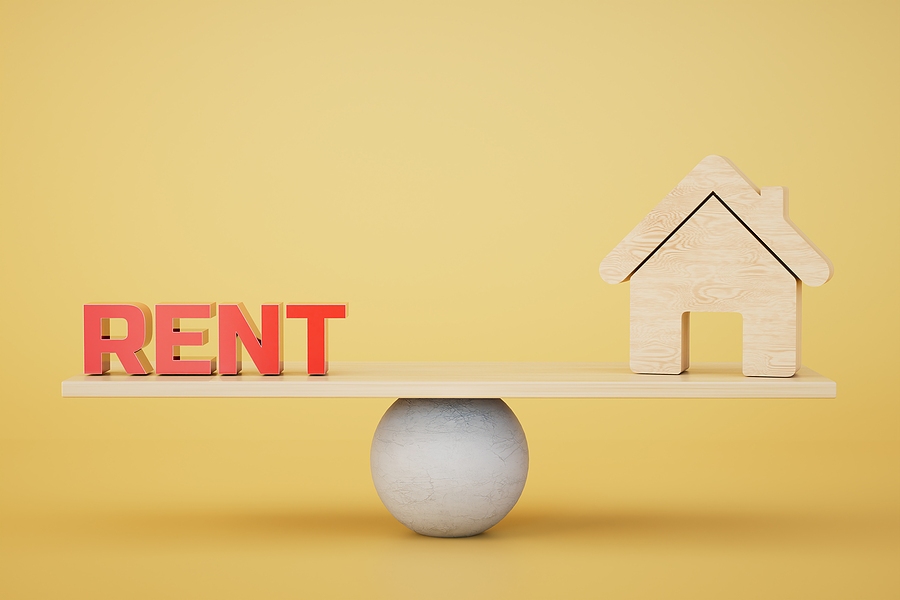Rents will continue to rise but more slowly, providing cold comfort to already struggling tenants.
Weekly rents have soared over the past year as low supply and strong demand plagued the market.
The latest PropTrack report shows the number of listings on realestate.com.au in December fell to a record low, sitting at 30.2 per cent below the average for the month.
Meanwhile, the number of inquiries per listing climbed 3.3 per cent over 2023, pushing the median advertised price to $580 per week.
Though rents are expected to continue on an upward trajectory, PropTrack economic research director Cameron Kusher says the intensity of increases are expected to ease.
“While we expect rents to continue to rise this year, it’s likely the rate of growth will slow,” he said.
“The already higher cost of renting and overall increase in the cost of living will limit rent price increase moving forward.”
In Australia’s capitals, annual rent growth slowed from 17.8 per cent in 2022 to 13.2 per cent in 2023, while slowing from 11.6 per cent to 4.2 per cent in the regions.
Mr Kusher maintains there will be no meaningful change to the market without additional housing, particularly in capital cities where there is a “critical need” for more dwellings.
Across the nation, property investors have left the market and while there has been a rebound it is not enough to replenish depleted levels of housing stock.
As a result, rental vacancies have remained near record lows at 1.1 per cent, down from 1.3 per cent in December 2022, forcing prices upwards.
Even those hoping to transition into home ownership will find the pivot even more difficult as rents and interest rates continue to rise.
“Rental conditions are likely to remain challenged,” Mr Kusher said.
“Serious consideration needs to be given to the financing of these projects and the capacity to build the volume of housing we need.”
Single Australians, in particular, are bearing the brunt of the rental crisis according to a report from Victoria’s peak body for community housing.
Community Housing Industry Association (CHIA) Victoria has revealed 85 per cent of new applications to the state’s social housing waitlist are from single-person households but less than a third of public housing is one-bedroom.
Sarah Toohey, chief executive of CHIA Victoria, says raising the rate of JobSeeker to $78 per day would help fund much-needed housing.
“Social housing is a lifeline for singles – it delivers affordable rent, at no more than 30 per cent of income,” Ms Toohey said.
“However, because JobSeeker is so low, 30 per cent of a single person’s income makes it challenging to cover the cost of building and maintaining homes.
“That’s holding back the community housing sector from delivering more homes to those who most desperately need them.”
Kat Wong
(Australian Associated Press)





